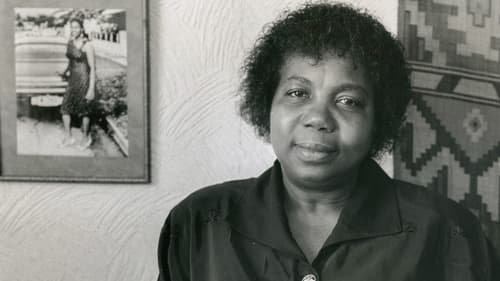Ken Fero
약력
Ken Fero is a filmmaker, activist, educator and founding member of Migrant Media which, since 1991, has produced several radical documentaries examining community responses to issues of race, class and resistance. His ground-breaking and multi-award winning 2001 feature documentary Injustice, regarding the killings of predominantly Black people in the UK, had significant international and political impact. It was screened in the European Parliament where Fero also spoke. It is also currently banned by all UK broadcasters. Fero’s recent film, Ultraviolence (2020), reveals the history of militant resistance to UK state violence and was officially selected for the BFI London Film Festival also winning a Special Jury Award (Queens World Film Festival 2021), Special Audience Award (Arbetar Film Festival 2021) and Best Documentary (British Urban Film Festival 2021). Ultraviolence is currently distributed by the British Film Institute.




